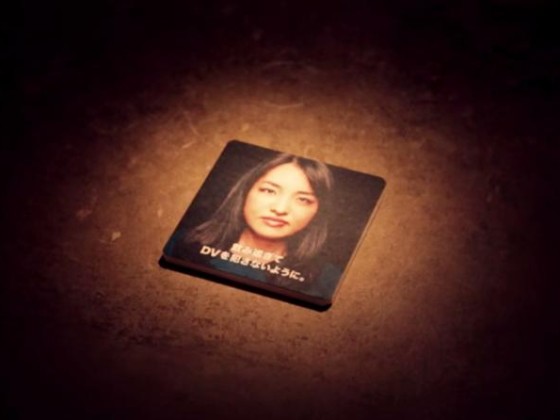Japan is considered one of the safest countries in the world. But it’s a different story behind closed doors.
Violence in Japanese homes is a serious — and apparently growing — problem.
Police logged a record 59,072 cases of domestic violence in 2014, up almost 20 percent from a year earlier. While it’s not clear how many of the victims were women or if the double-digit increase was due to more acts of violence or more reporting, a government survey published in 2012 shows roughly one-third of married women experience abuse at home.
